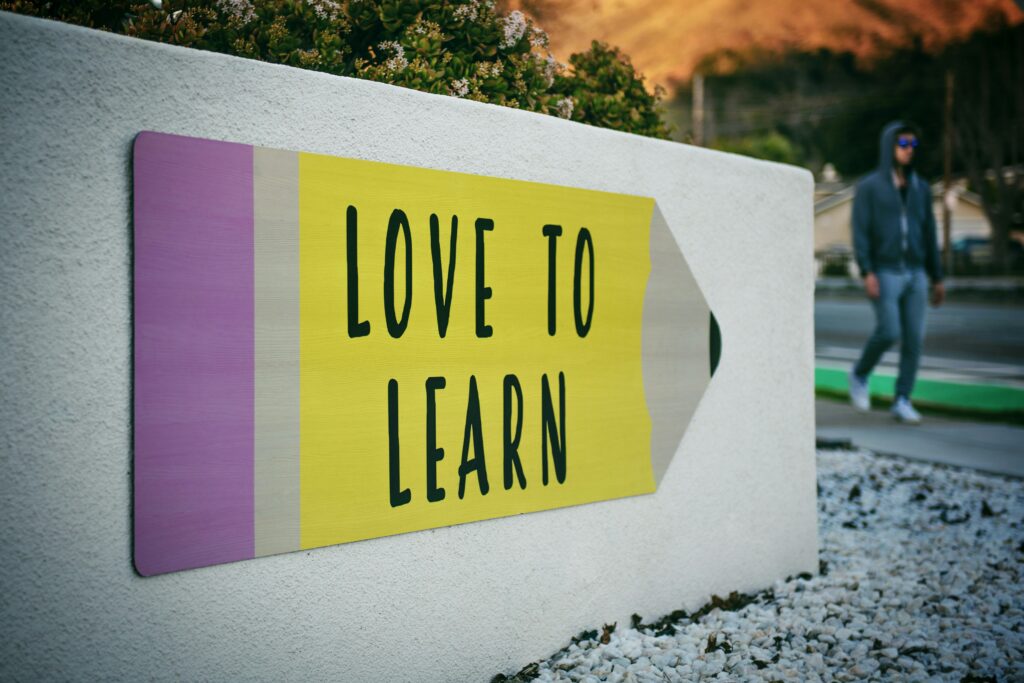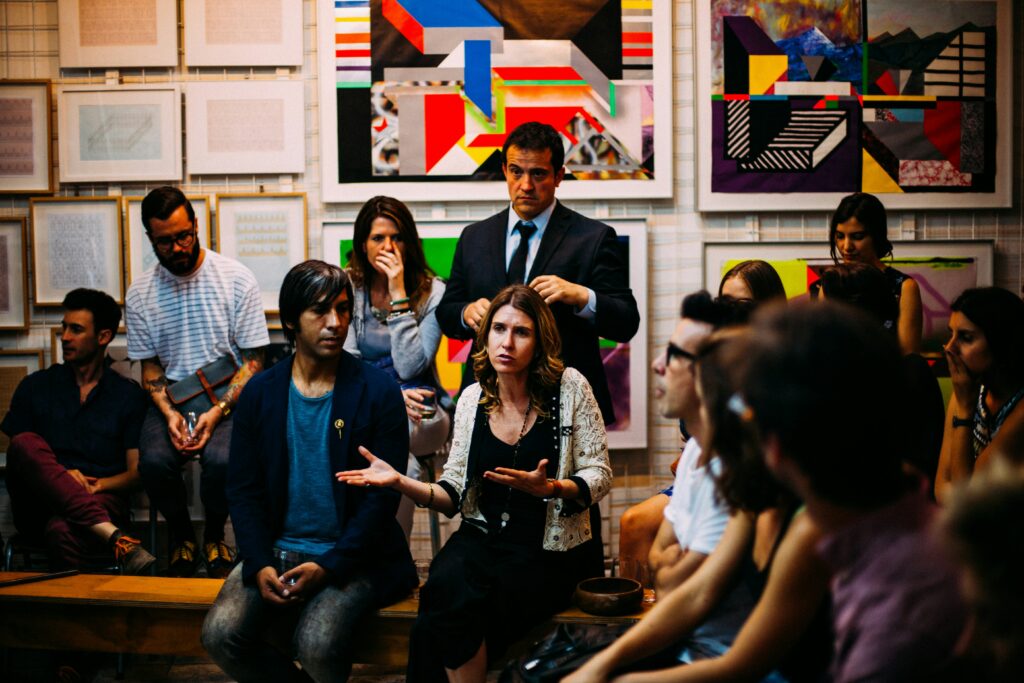Hi Elena,
I thought your post was very insightful! I agree with your perspective on UDL and how it makes learning more accessible for everyone. It was great how explained how both digital and physical classrooms work, each offering different ways to keep learners engaged. Also the tools you mentioned like recorded lectures and text-to-speech, are very important for making inclusive environments. I liked your point about ethical challenges, specifically privacy, so my question is how do you think educators can address the growing privacy concerns with digital learning? Can’t wait to read your next post!
Ishan
Month: March 2025
Hey Grayson,
Reading your post was very interesting and enjoyable. You point on open pedagogy being a game changer is great. The flexibility that it offers students and educators is huge, especially for people who may not have had the chance otherwise. I also like the challenges you highlighted that come with open pedagogy, especially the funding issue. It’s true that without support, it is challenging maintaining high quality open education resources, the stat you added about EdTech funding dropping proves the point exactly. Do you think there is a way to OER growing while keeping the accuracy and credibility?
Ishan
Hi Gaia,
I enjoyed reading your post! It’s really cool how you connect math and design principles to computer science. Your view on distributed education makes a lot of sense, specifically how it gives people the freedom to learn at their own pace. It is a large advantage for students with very buys schedules try to balance school and other commitments. Furthermore, I liked how you broke down the different learning models. I can also relate with you on that face-to-face learning also works the best for me, it is easier to stay focused and be able to get help right away.
Hey Justin,
It’s really cool to see that hockey has given you chance to live in many different places. I liked what you said about distributed education and how asynchronous learning helps with working memory and I definitely agree with you! Being able to go back over the material at your own pace definitly makes a difference especially with fast moving lecture courses like calc. Your point on digital literacy and there being lots of misinformation online stood out as well, because knowing how to identify and separate facts from fiction is an important skill people should have and learn.
Hi Elena,
I enjoyed reading your blog! I really liked your view on distributed learning and how it makes education more accessible. The point about flexibility helping students manage work and school really resonated with me because I also have to balance both of them. I also agree that blended learning is a good balance since in person interactions is really important for building connections. Your thoughts on digital literacy have provoked my own questions like since a lot of learning is done occurs online now, do you think schools should teach digital literacy skills in classes?
What is Open Pedagogy?
Open pedagogy promotes sharing, collaboration, and accessibility, with the goal of removing economic barriers to learn by providing free, high quality resources. For example Khan Academy, The organic Chemistry Tutor, and Quizlet all offer free educational content for everyone. These resources allow learners all around the world to access high quality information for free. Through my peers I was also introduced to Libreoffice which allows me to create and edit documents, spreadsheet, and presentations with my peers when working on projects since it is compatible with Microsoft 365 and it aligns with Open Pedagogy principles.

The Role and Impact of OER
Open Educational resources (OER) have a major role in making education more equitable by removing the cost barriers and allowing personal learning needs to be met. While I have not used OER myself, an institution like UVic offers numerous OER textbooks through the uvic book store. Furthermore, research shows that OER can improve students course drop rate while significantly reducing the cost barrier to educational resources making it more equitable for learners. Moving on, OER provides access to up to date knowledge and various formats like videos, simulations, and lecture slides catering to individual learning preferences. It also provides high quality material for educators in under resourced areas improving their teaching.
Global trends in OER
World renowned institutions in America like Harvard and MIT offer OER, offering free courses online to anyone. However, there are still challenges specifically raising awareness about the existence of OER and its benefits. Large amount of educators and students do not know about these resources, slowing down the implementation of it. Addressing the lack of awareness if critical for a wide spread adoption of OER globally.

Understanding Creative Commons Licensing
Creative Commons Licensing is an important part of OER, providing a way give copywrite permissions. Applying a CC license makes it so others can use, share, adapt your work legally depending on the type of CCL you have on your work, this allows for collaboration and knowledge dissemination. For example, if you created education material you can get a CC by attribution license this lets others use your work, while providing you with credit. This encourages the free flow of information while also protecting your rights. Below I have linked a video that describes all of the different CC licenses.
Attributes of Open Pedagogy
Attributes such as collaboration and transparency really resonate with open pedagogy. In my own educational practices like in my blogs I always give credit to the person who has created the images, videos or work that i cite in the blog. I also collaborate with my peers for my Commerce course using Libreoffice which fosters collaboration.